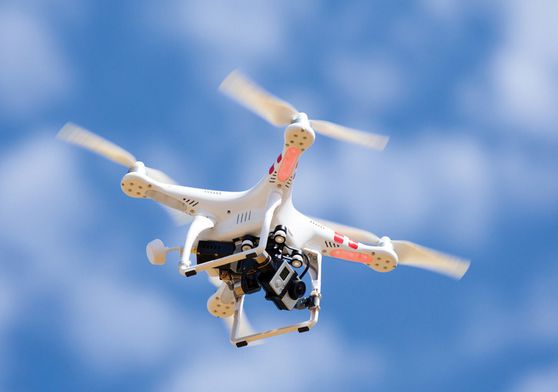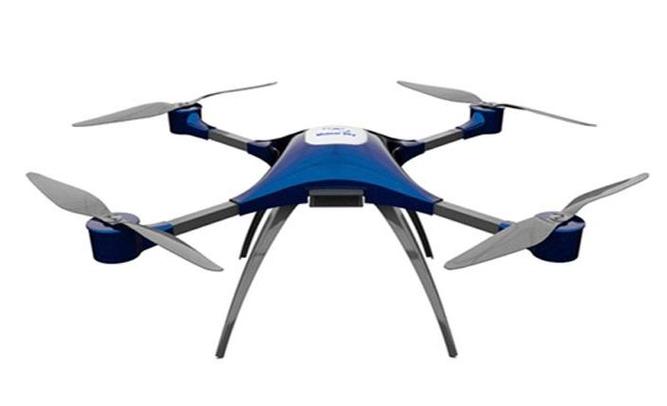When it comes to flying a drone, one of the most pressing questions that potential pilots ask is whether they need a license to operate their UAV (Unmanned Aerial Vehicle). The answer depends on various factors, including the purpose of the drone, its weight, and the location of flight. Understanding these requirements is crucial to ensure compliance with regulations and safety measures.
Recreational vs. Commercial Use
First and foremost, the distinction between recreational and commercial use is key. If you are flying for fun, hobby, or personal enjoyment, the requirements might be less stringent compared to someone operating a drone for business purposes. In the United States, recreational drone pilots need to follow certain guidelines issued by the Federal Aviation Administration (FAA).
Recreational Drone Piloting
- Register your drone if it weighs more than 0.55 lbs.
- Adhere to community-based safety guidelines.
- Fly below 400 feet and avoid restricted areas.
For recreational flyers, the FAA does not necessarily require a pilot’s license; however, understanding airspace regulations and proper registration is imperative.

Commercial Drone Piloting
If you are planning to use your drone for commercial activities, such as aerial photography, surveying, or inspections, you will need to obtain a Part 107 Remote Pilot Certificate. The process involves passing an aeronautical knowledge test and registering your drone. The Part 107 regulations are more comprehensive and demand attention to detail concerning the drone’s operational limits.
Weight Classifications and Regulations
Drone weight significantly influences the licensing requirements. Heavier drones, especially those weighing over 55 lbs., may require additional certifications and permissions, irrespective of their intended use. Both recreational and commercial pilots should be aware of these classifications to ensure they comply with legal mandates.
Aviation Authorities Worldwide
Globally, other countries have their own aviation authorities and regulations regarding drone piloting. In Europe, the European Aviation Safety Agency (EASA) governs UAV operations, and similar to the FAA, they categorize drones based on their use and weight. Being knowledgeable about regional regulations is essential for international drone operators.
Keeping Updated with Regulations
Drone technology is rapidly evolving, and consequently, so are the regulations. As a drone pilot, whether recreational or commercial, staying updated with current laws and guidelines is fundamental for responsible piloting.
Commonly Asked Questions
Do all countries require a drone license?
No, the requirement varies by country. While some countries have stringent regulations, others may be more lenient. It’s crucial to check the specific country’s aviation authority for detailed rules.
What happens if I don’t comply with drone regulations?
Non-compliance can result in fines, penalties, and restrictions. Furthermore, unsafe drone operations can lead to accidents and pose risks to people and property.

Can drones be flown at night?
Under Part 107, night operations are permitted if the pilot has completed specific training and the drone is equipped with appropriate lighting. For recreational use, guidelines must be checked as they can vary.
By understanding whether you need a license to fly a drone, you contribute to safer skies and responsible use of this innovative technology. Always stay informed and adhere to guidelines to assure a rewarding experience.